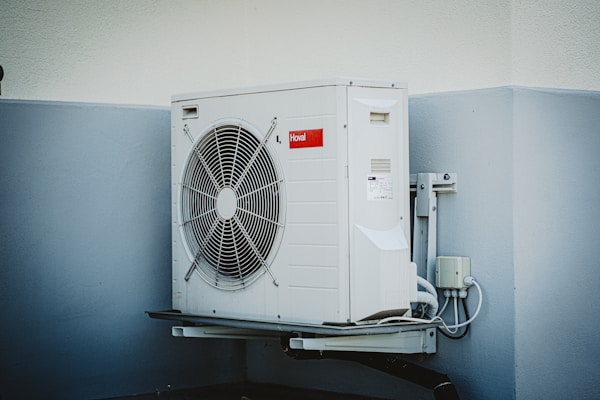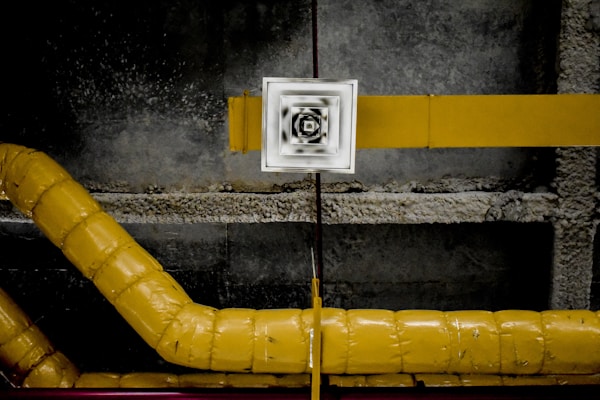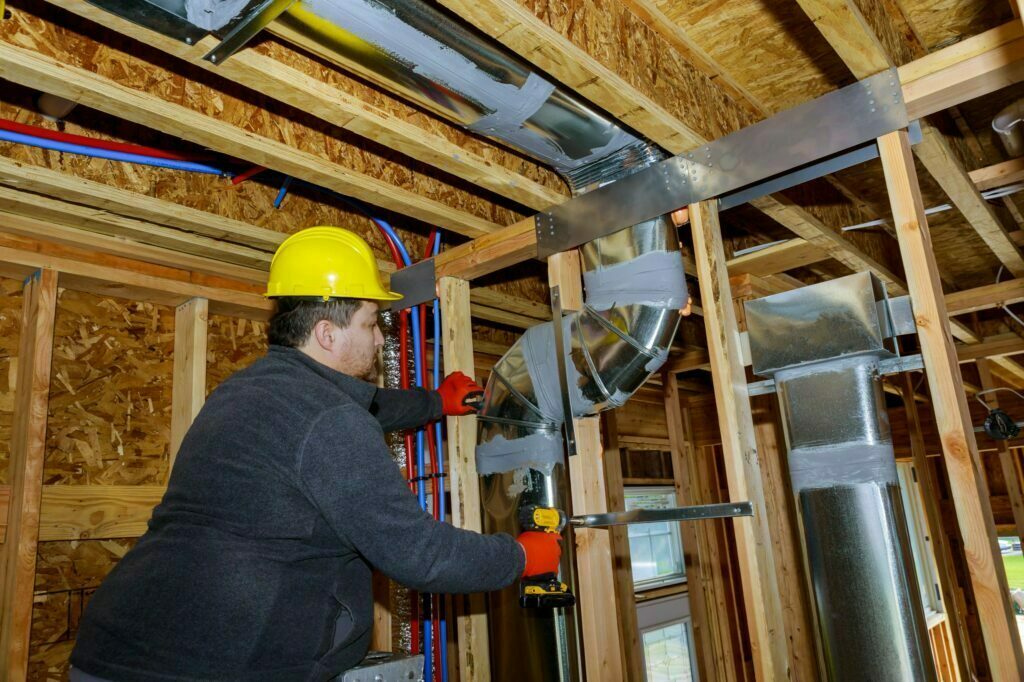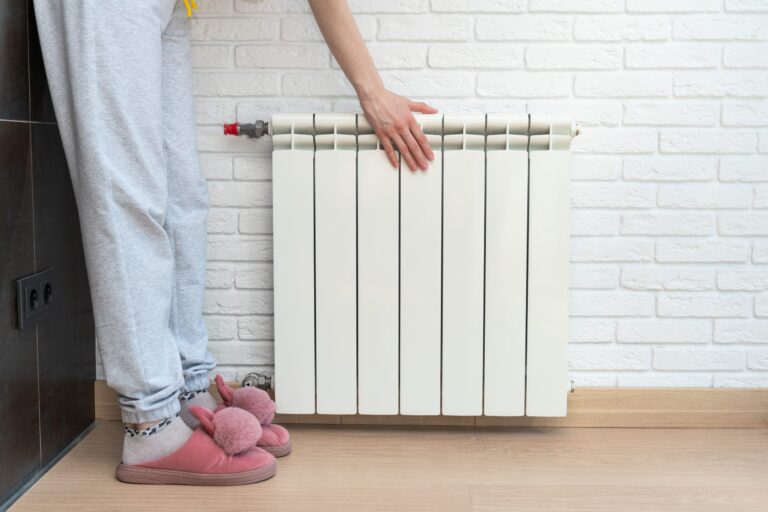Regular preventative maintenance is essential for ensuring optimal performance and efficiency of HVAC systems. But what are the top preventative maintenance tasks for HVAC systems? From changing air filters to inspecting the ductwork, there are a few key tasks that should be done regularly to ensure an HVAC system works properly. Keep reading to learn more about the top preventative maintenance HVAC tasks.
Schedule annual HVAC maintenance.

HVAC preventative maintenance is an important part of maintaining a comfortable, healthy living environment. It involves regularly scheduled visits from a professional HVAC technician to inspect, clean, and maintain all components of the system in order to ensure that it runs efficiently and safely. These regular inspections help identify potential issues before they become major repairs or replacements, which can save you time and money in the long run. During your annual service appointment, a technician will inspect and clean your equipment, check the refrigerant level, and ensure that there are no issues. By investing in regular HVAC preventative maintenance services each year, you can avoid costly repairs down the road while ensuring your home’s temperature remains consistent year-round.
Check air filters and coils regularly.
One of the top preventative maintenance jobs for HVAC systems is cleaning air filters and coils. This job is essential in order to keep the system functioning at its best. Air filters capture airborne particles such as dust, pollen, and other allergens while also keeping larger debris from entering the system. Over time, these particles build up on the filter mesh. If the filter isn’t cleaned or changed regularly, it will eventually clog and can reduce airflow. Additionally, a dirty air filter can impact indoor air quality. Cleaning or replacing filters at least every 90 days ensures that they remain effective.
Coils are another important component of an HVAC system that needs regular maintenance in order to ensure efficiency and reliability. The evaporator coil removes heat from inside a building by absorbing it through condensation, while the condenser coil releases this absorbed heat outside into the atmosphere through convection currents. Both coils must be kept clear so that they can effectively absorb or release heat without any hindrance. Regular coil cleaning prevents issues by ensuring they are operating properly with no blockages.
Examine your ductwork for leaks or blockages.

Examining ductwork for leaks or blockages ensures that air can flow freely throughout the system, allowing it to function at optimal levels. Leaks and blockages in a system’s ductwork can cause a number of issues with an HVAC system— including higher energy bills due to inefficient operation, uneven temperatures in different areas of the home, and even health concerns from dust and other particles entering through leaky joints or seams.
When performing this inspection on your ductwork, you should look for any signs of damage that could be causing leaks or obstructions, such as tears, holes, disconnected fittings, and cracks in seals or gaskets around pipes and vents. You might also check for debris buildup within the ducts themselves, which could block airflow. Since your ductwork can collect several pounds of dirt, dust, and debris each year, you might consider investing in duct cleaning. If any signs of wear are found during the inspection, then appropriate repairs need to be done right away so that air can continue flowing properly throughout the system without issue.
Overall, preventative maintenance is a crucial part of ensuring the proper functioning of HVAC systems. It is important for all homeowners to perform regular inspections, do regular cleanings, and schedule seasonal maintenance to prevent major repairs in the future. By taking these steps, you can save money and ensure your HVAC system is running as efficiently and reliably as possible.





